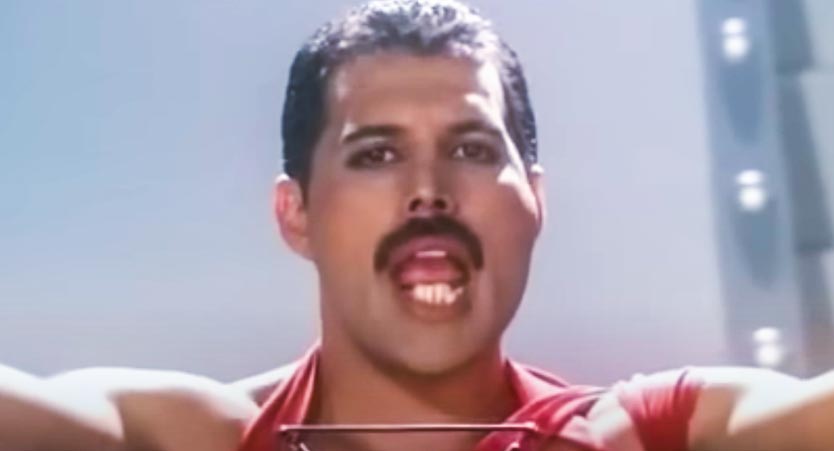“Radio Ga Ga” is a song by the British rock band Queen, released in January 1984. It was the lead single from their eleventh studio album, “The Works,” and became one of the band’s most recognizable and celebrated tracks. Written by the band’s drummer, Roger Taylor, “Radio Ga Ga” stands out for its nostalgic tribute to the power of radio and its commentary on the changing landscape of music consumption.
Roger Taylor wrote “Radio Ga Ga” in response to his frustration with the rise of music videos and the perceived decline of radio’s influence. The song was originally titled “Radio Ca-Ca,” inspired by Taylor’s son, who once remarked that a song on the radio was “radio caca.” The phrase was softened to “Radio Ga Ga” to make it more commercially viable. The song was recorded during the sessions for “The Works” at the Record Plant Studios in Los Angeles and Musicland Studios in Munich. It features a blend of traditional rock instrumentation with synthesizers, reflecting the band’s evolving musical style in the 1980s.
The lyrics of “Radio Ga Ga” express nostalgia for the golden age of radio, when it was the primary medium for discovering new music and entertainment. The song laments the shift towards music videos and television, highlighting the unique connection and intimacy that radio once provided. The chorus, with its repetitive “radio ga ga, radio goo goo,” serves as a catchy and memorable hook.
“Radio Ga Ga” was a commercial success worldwide. It reached the top of the charts in numerous European countries. It reached number 2 in the UK, Germany, and Australia. In the United States, it peaked at number 16 on the Billboard Hot 100.
The music video for “Radio Ga Ga” was directed by David Mallet and features footage from the 1927 silent science fiction film “Metropolis.” The video depicts the band performing in a futuristic setting, intercut with scenes from the film. The video is notable for its imaginative visuals and the band’s synchronized clapping routine, which became iconic in live performances.

